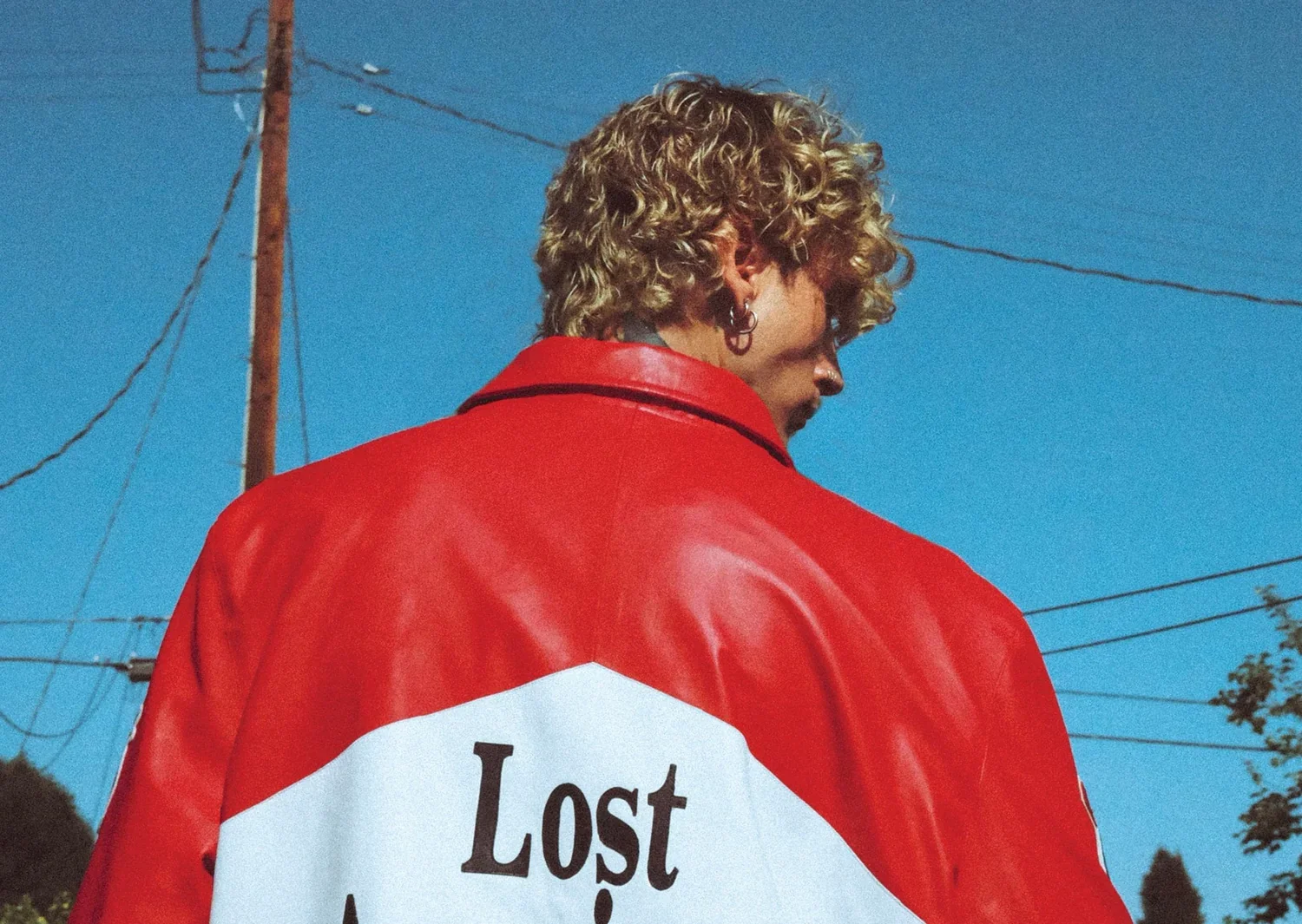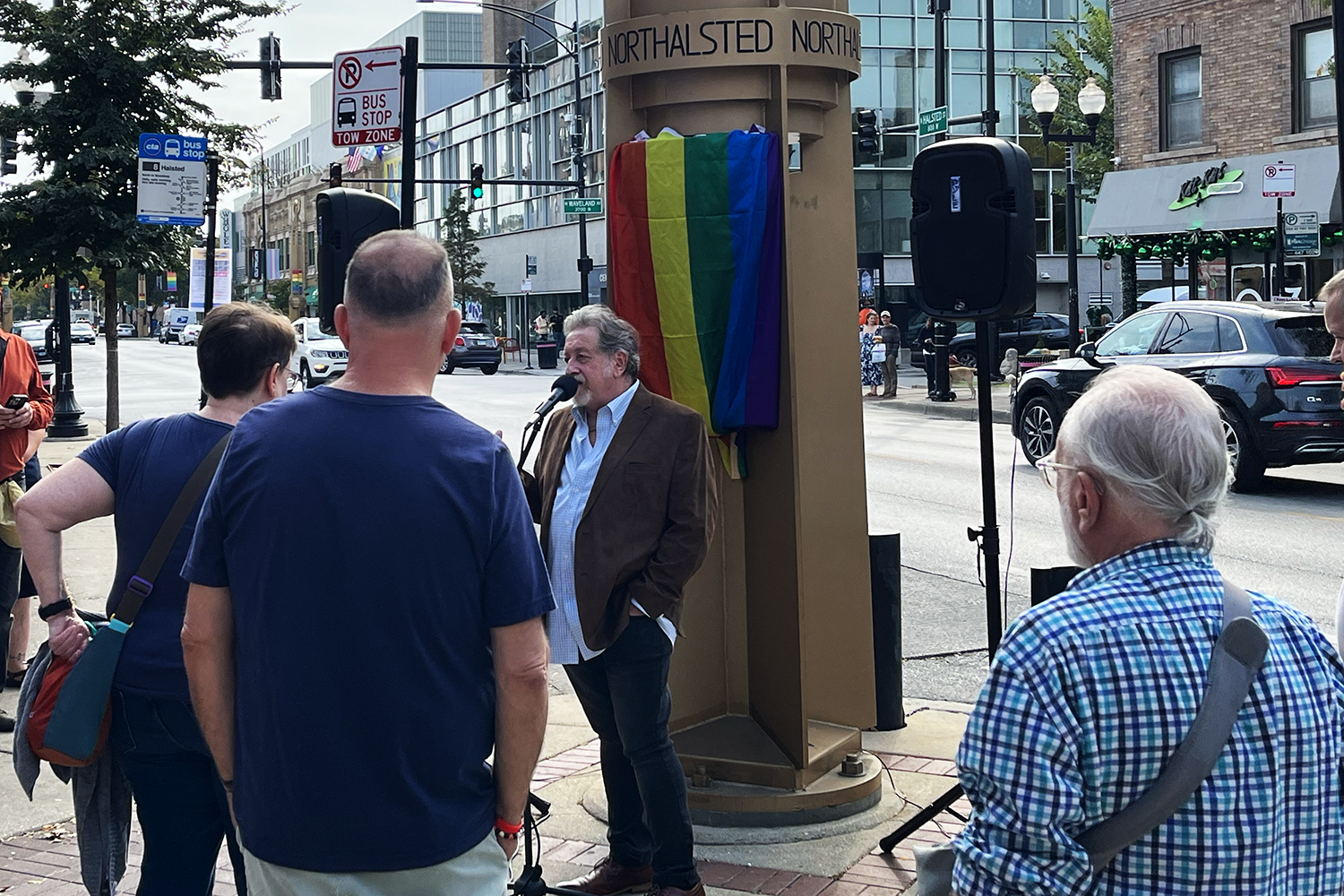How the Midwest influenced MGK’s artistry
When Machine Gun Kelly talks about where he comes from, he isn’t just naming a hometown. He’s tracing a musical lineage. On a recent episode of Popcast, New York Times critic Jon Caramanica reminded him of something he’d written more than a decade ago: that MGK’s style drew a direct line to Twista, Crucial Conflict, and Bone Thugs-n-Harmony — the “Midwestern complicated but melodic rap” tradition that prized speed, syncopation and melody in equal measure.
MGK didn’t hesitate to confirm it. “Track two on Twista’s Kamikaze… ‘Kill Us All’… a Rubik’s-cube-level flow,” he said. “I could rap that… or any Bone Thugs song.” That regional cadence, he explained, blends a touch of Southern drawl with the technical precision of a jazz solo. It’s a style born from the Midwest’s collision of influences — Chicago’s rapid-fire “chopper” school, Cleveland’s sing-song street harmonies — and it’s been part of his DNA since before the first mixtape.
This is more than a matter of flow. Cleveland, the city MGK calls home, is embedded in his work as an emotional anchor. In 2015, he released “Till I Die,” a pounding hometown anthem shot in familiar streets and packed with Ohio references. Axios recently described Cleveland’s creative scene as “an underground Fight Club,” a place where loyalty and grit are unspoken rules. That ethos — resilient, proud, unwilling to bend — is stamped across MGK’s catalog, whether he’s rapping over a breakneck beat or thrashing through a pop-punk chorus.
In the run-up to Lost Americana, MGK’s latest album, he spoke of leaving behind “the Tower of Babel” and returning to the open road, a creative reset that also feels like a return to his core. The Midwest, with its tough-minded, underdog energy, has always been the subtext. It explains how he can pivot between genres without losing his center — because that center was forged in a region where you had to fight for attention, earn your respect bar by bar, and still keep it tuneful enough to stick in the memory.
For MGK, the Midwest is more than a backdrop. It’s the muscle memory in his delivery, the stubborn independence in his career moves, and the through-line that keeps him tethered to the place that made him — even as he pushes his sound far beyond it.



























